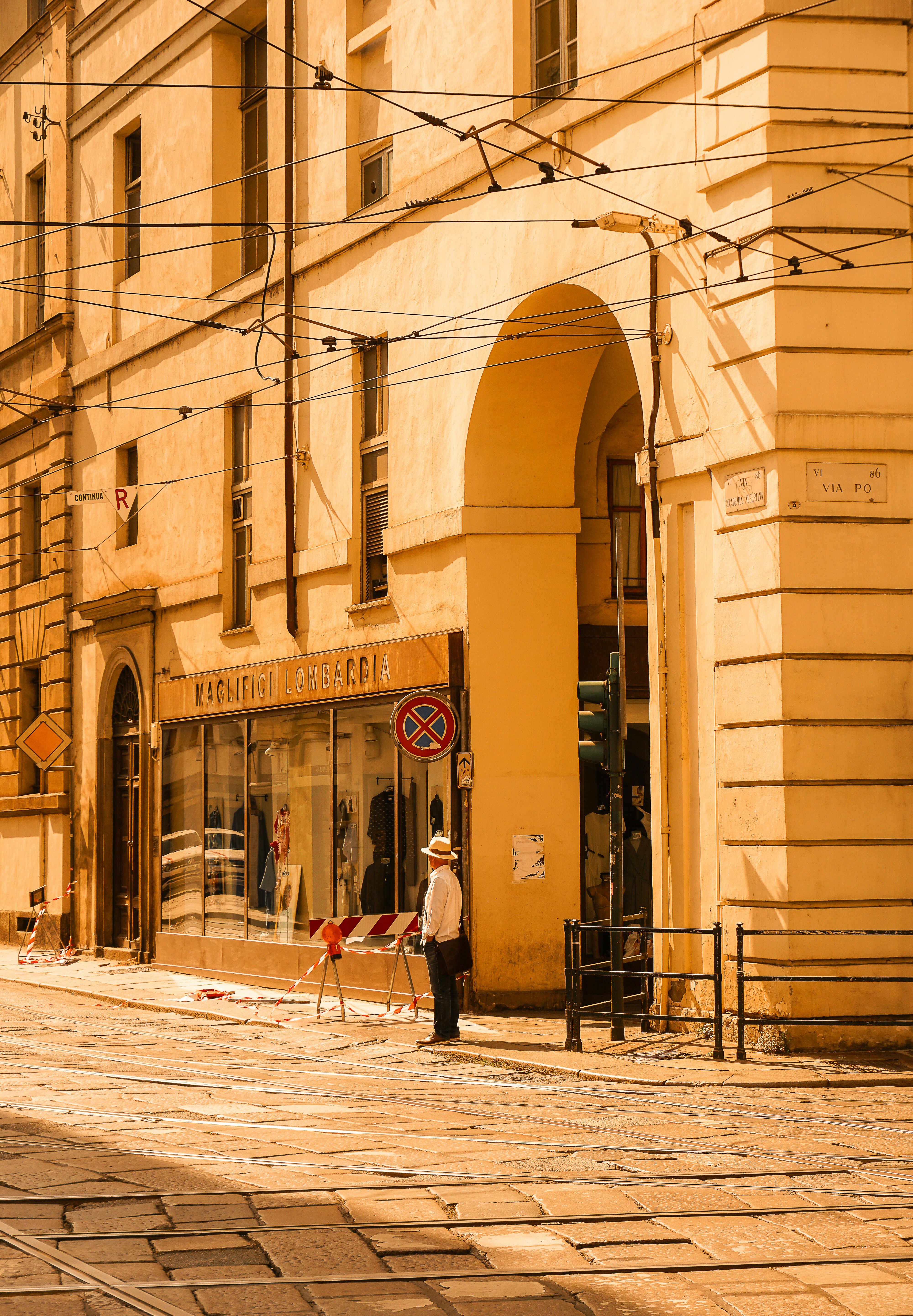Unlock the secrets to stress-free travel with our comprehensive guide on mastering travel budgeting. Learn how to create a realistic budget, track expenses, and maximize value, ensuring financial freedom on every journey. Discover tips and strategies to explore the world without compromising your financial stability.
Introduction
Traveling is a hobby most people appreciate, however, dreaming about a particular destination and being able to afford it sometimes don’t rhyme. The thought process that goes with a trip can transform to worry in the absence of a budget to meet the expenses of the trip. This portfolio can be used by a first-time traveler or an experienced world-wanderer; one thing that remains crucial is a clear and sensible format of a travel budget. This is why without financial planning, which is the basis of any trip, it is possible to have desire, enthusiasm, and even interfere with an excellent adventure, but stress and remorse can overshadow cheerful ethnographic and geographical discoveries.
This is why this article sets out to educate some of the general steps that are expected to be followed during the travel budgeting process to enable the traveler make a proper planning to keep the pocket strong enough while out to travel. But the most important part of traveling, whether it is a business or a leisure trip, is in making vital choices, covering every aspect from the identification of travel objectives to proper utilisation of value for money from put and take resources. At the end of this guide, you will be equipped with a guide of how to make a travel budget that will suffice your desires as well as gain the confidence of handling your financial aspect of the trip. This obviously is not a mere process of saving money but all about improving your traveling by freeing your wallet and preparing it for any experience that you plan to encounter during your travel.
1. Setting Clear Travel Goals
Any successful travel budget has to be guided by realistic goals that can be easily achieved. Begin with deciding the goal because it gives the direction and is closely related to the costs that will be incurred. Look for the information on the living expenses such as housing, food, transport and other related actions in the area. Knowledge of these factors will enable one to develop a proper and achievable budget according to the area of travel. Also, evaluate the time you will spend in travel; Relating to the budget plans, a week’s holiday will not be the same budget plan as a month’s holiday or a two week’s holiday and so on. Hence, it is vital that one manages his/her travel desires with what he/she can financially handle to achieve.
Another area of goal setting that people should not overlook is timely and proper prioritization of their traveling experiences. Determine the prerequisites that are most valuable to you, and accordingly, it may be dining at great restaurants, top-notch hotels and resorts, or certain activities. Thus, it is possible to filter out what aspects are crucial for the client and which ones can be negotiated, so that the customer receives a detailed description of what he wants and does not confuse must-haves with desires budget more effectively. This way does not only assist in the management of your pocket but also enables you to look at what you consider dear in your life during the trip. Goals and objectives help you to maintain direction in your budgeting plan and distinguish what you need for your travelling and Josephson ideas without getting into financial problems.
2. Researching and Estimating Costs
It is vital to appreciate the fact that research forms the basis of the best-case scenario of a travel budget. Start by breaking down the primary categories of your trip: for transport means, meals and other overheads on daily basis. Again when choosing means of transport, factors such as the fare of a flight, train or car hire to the selected site or any other means could be hired such as buses, taxis or even through the use of application based transport providers Like Uber or Taxify. Also, take into consideration any other charges that may not be clear right from the start such as bag drop charges, insurance, or fuel charges. Realizing g these costs will prevent you from being caught off guard and assure yourself (and your budget, consequently) that the cost of getting from point A to point B has indeed been factored in.
Other overhead costs that can not be overlooked are accommodations. This should include everything from the five-star hotels to cheaper motels or nice and cozy hostels and even more different renting options like renting houses or Airbnb. Always consider the advantages and disadvantages of the certain choice like the place of the property, services included in the rent, rules and terms of cancellation, etc. Research expenditure is the other important area of estimation today whereby the various daily expenses, food, activities, and miscellaneous expenses should also be estimated. This should be done by using the current travel blogs, budget calculating techniques, and applications. The more refined the overhead estimates, the sounder will be the financial planning you are able to undertake and budget for the different expenses that may come your way to enable you plan your travel and have a wonderful time without sinking in to a financial black hole.
3.Creating a Realistic Travel Budget
Three, preparation of a genuine travel budget must necessarily start with an evaluation of the financial status at the time of making the travel arrangement. Transcribe into consideration your earnings, excess, and any monetary occasions within the nearest future. By using this breakdown, you will be able to establish how much of your income reflects to savings that should be put to the travel without necessarily bringing havoc on the rest of your financial expenditure. Making financial plans is therefore very useful as it can help you draw up a travel budget that exploits on your desires while, at the same time, being realistic based on your income. Indeed, one must be rigorous with oneself in terms of the available cash since exaggerating the amount potentially cause a sort financial pressure both during the journey and after.
Besides allocating money for anticipated expenditure, it is useful to incorporate a cushion of money in one’s plan. Emergencies, change in infrastructure, and happenstance or a good deal which might be too good to miss also put the project in a situation where more money is required. Accidents do happen and having cash stashed away to cater for your trip will assure you and you won’t be stressed in case you encounter a mishap. It also accommodates saving measures, by avoiding unnecessary expenses in the build-up to the trip, one can save for the budget in question more efficiently. A realistic travel budget is not simply capable of providing the fundamental needs the traveler is going to encounter; it is capable of complementing every aspect of a traveler’s needs without straining the wallet.
4. Budget Tracking and Adjusting Your Budget
Ideally, budget tracking should be done whenever the trip is actually on the progression, to ensure expenses are not exceeded. This includes recording all the expenses which help the person in being conscious with the expenses at all the times. Financial control enables you to see at a glance you are overspending in some areas and then make adjustment as deemed appropriate. Such a strategy avoids unforeseen spending and guarantees enough money for the entire stay to not be interrupted between the two activities. It is not just a way to check the spending and be answerable for the costs; it is wiser and still fun to be able to control your abilities and have a nice trip.
However, in the contemporary corporate world, numerous applications and other utilities are available that can be used for real-time budgeting. They can group expenses, give resume over expenses and highlight how you can cut down expenses depending on your spending tendencies. There can never be a budget spent on travel that is not subject to change due to forces beyond the manager’s control. It is always important to be able to have flexibility hence having the option to adjust it on such circumstances; it could be due to an opportunity for a once in a lifetime experience or perhaps an alteration in the plan of action. Thus, one can exercise the control over his/her expenditure and remain open to the changes all along the process.
5. Maximizing Value on a Budget
Furnishing for the purpose of this paper I write that free traveling does not equal cheap and ineffective traveling as well as low-quality and unexciting traveling. Thus, one of the key strategies more focused on creating more value is the search for firm offering promotions and special offers on the flights, hotels, and more. This can be done before a travel sales, through the use of a search engine that looks for cheaper prices or during the last minute promotions. Also, quite a number of airlines, hotels, and tourist destinations have discounts that are given to clients who book their services well ahead of time or during low tourism seasons. Here, the places and timings at which one can book any facility can be strategically chosen in a manner that the cost incurred by an individual can be drastically reduced without much compromise on the quality of travel.
One more way to save money while traveling is travel hacking, or effectively using bonuses of credit cards, points, and other bonuses. Holding the right credit card and, taking note of the offered promotions, one can accumulate points that can then be exchanged into the flights, hotels and other travel-related expenses. Furthermore, touring in period that is not popular among tourists can help save a lot of money as they are cheaper than when many people are visiting the region. They all contribute to enabling you to achieve your desired travel goals while at the same time ensuring that you do not have to spend much more than you planned and while at it, you get to have a better travel experience than a mere traveler since you get to have the feel of the luxurious travel services and experiences at little more than a fraction of the cost price.
Conclusion
Thus, learning how to effectively manage the aspect of the money you are going to spend during the trip is crucial for each traveler in order not to worry about the money during the amazing stay. In the course of this article, you shall have seen the steps that are required in the development of a travel budget that is relevant to the intended purpose and the existing financial capacity. Budgeting entails a clear aim and objectives and involves various means of cost research, controlling for expenses, and achieving the highest possible value of a given trip. A well-planned budget provides the foundation for a stress-free travel experience, allowing you to focus on what truly matters: the fun of risking it and the thrill of being able to discover something new.
As you set the stage for a new expedition, do not forget two classic truths for being financially independent: it is not how much money you have but how you should manage the money you have. When using the given tips, you can easily manage your finances and move from place to place without having to worry whether you have the money to foot the bill. Regardless of whether your journey is between two weekends, or one year, travel budgeting will enable you to travel the world, openly, and closely, as you continue to learn how to budget in order to support your travels, while at the same time making sure that your travel does not cause harm to the destinations you visit.


























